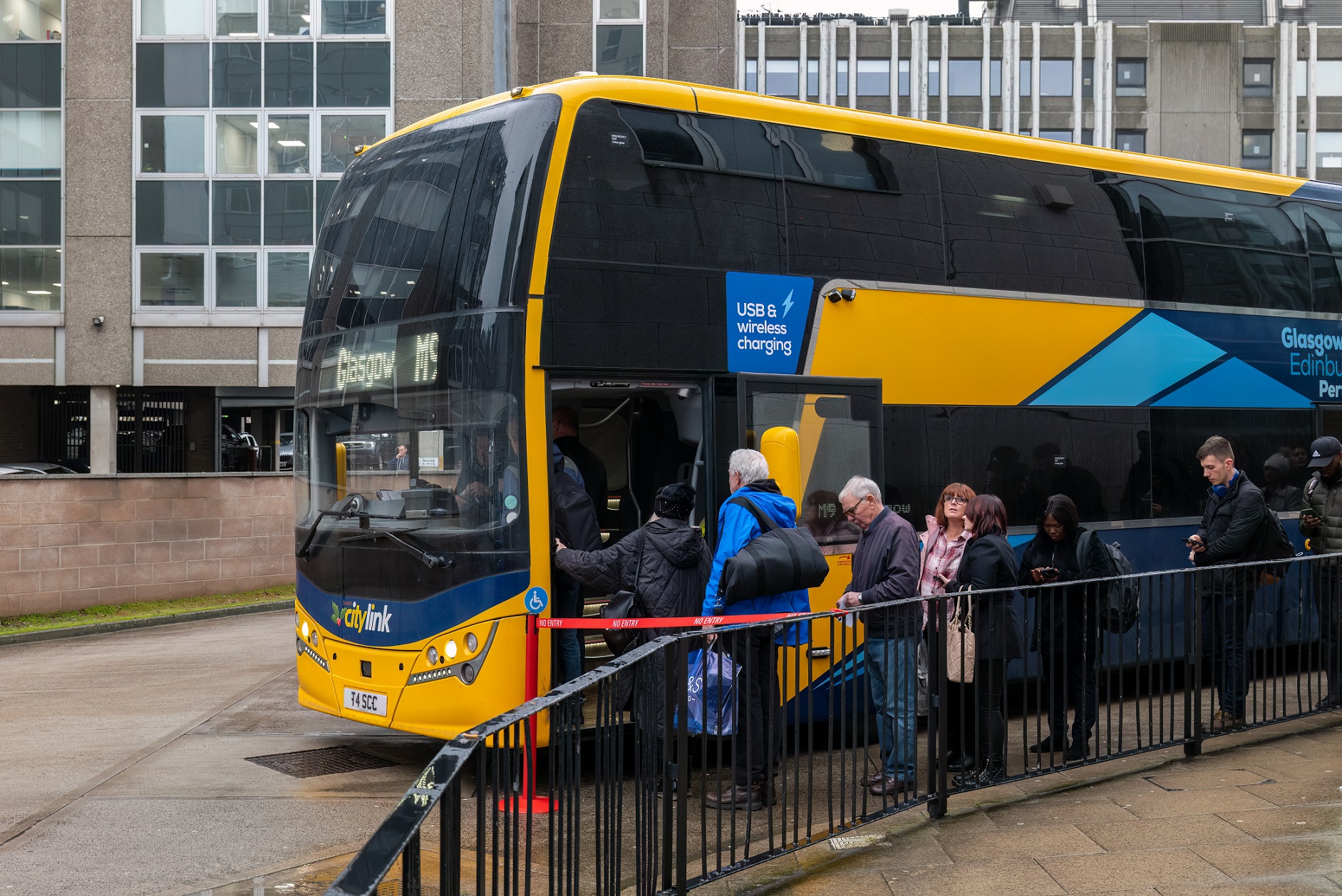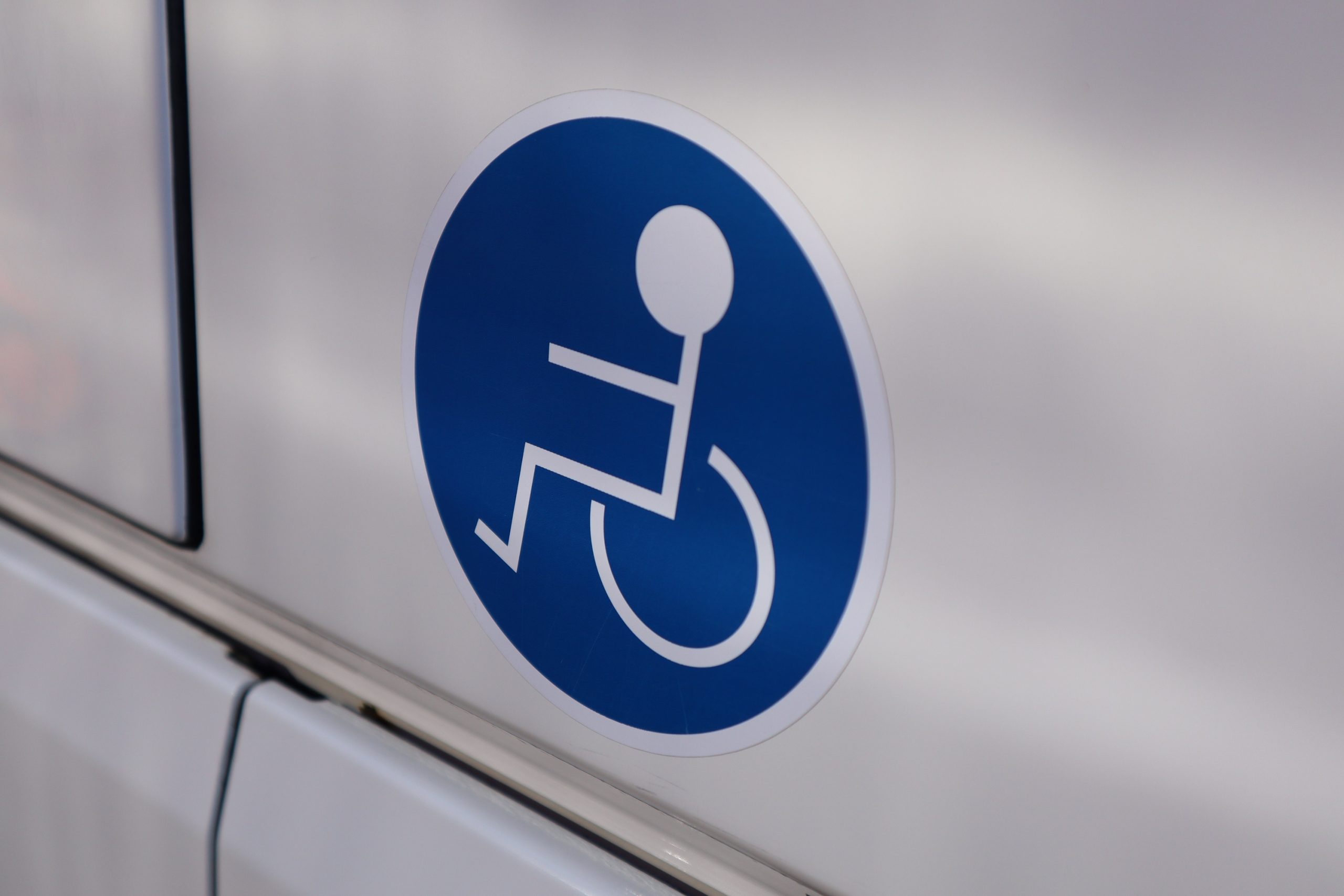The European Commission (EC) has published long-awaited proposed changes to EU hours rules for coach drivers that are engaged in tourism-related work. If adopted, they will lead to a revision of Regulation 561/2006.
Release of the plans is the fruit of a regulatory obligation placed upon the Commission to assess and report on such work for drivers engaged in what it terms occasional carriage of passengers. While publication of the proposals is later than suggested, it has nevertheless been welcomed by International Road Transport Union (IRU), which was among bodies that in March urged the EC to act.
An explanatory memorandum for the plans has been released by the EC. The Commission acknowledges that the purpose of the proposals is to “ensure efficient and high-quality occasional coach and bus services” and to improve working conditions for drivers, with a focus on stress and fatigue.
Three options formed part of coach tourism drivers’ hours evaluation
Three policy options were evaluated by the EC. Key to the favoured approach are new rules around breaks, and daily and weekly rest periods. No changes to the minimum duration of those, or to maximum driving times, form part of the plans.
On breaks from driving, the proposals add flexibility to how the 45-minute period can be split. They will permit it to be broken into minimum 15-minute and 30-minute components as now, but without the stipulation that the longer of those must be taken subsequent to the shorter. Added is the possibility of taking three breaks, each of a minimum 15 minutes.
Such a revised position would allow coach tourism drivers “to take breaks more flexibly and at convenient times,” the EC says.
For daily rest periods, the proposed position would allow drivers in scope to postpone the start of such a rest period by:
- One hour when the total daily driving period does not exceed seven hours; or
- Two hours when the total daily driving period does not exceed five hours.
Such derogations would only be permitted once during a trip of eight days or more. There is no resulting proposed change to the duration of a regular daily rest period of 11 hours.
On weekly rest periods, the EC proposes to align rules for international occasional passenger transport services with those that take place within one country. That would enable drivers on the latter to take advantage of the 12-day rule postponement of a weekly rest period.
“This is already possible for international occasional passenger transport services, to the detriment of operators of domestic services,” the Commission notes. “The conditions to use this 12-day derogation remain the same: The driver has to take a regular weekly rest period before the trip… and two weekly rest periods after [it].”
Changes reflect work patterns in tourism segment, EC notes
In presenting the proposals, the EC accepts that coach drivers engaged on tourism-related work typically spend less time behind the wheel than those in other segments, and that they generally do not drive at night.
“Moreover, they need to accommodate unplanned and impromptu passenger requests in terms of additional stops, changes of routes, or changes of schedule,” it continues.
While the plans do not capture all of what was asked for by IRU and two other associations, IRU has welcomed what has come forward. Director of EU Advocacy Raluca Marian describes the work as “a breath of fresh air.” She adds that the prosed changes, if adopted, will assist with the coach tourism sector’s ongoing recovery from COVID-19.
“We are happy to see that almost three years after the adoption of the Mobility Package 1 provisions, the European Commission has finally acknowledged that the current rules are not suited to the occasional passenger transport sector and has made good proposals to rectify the situation,” Ms Marian continues.
As previously noted, there is no guarantee that any of the proposals will hold weight in the UK. However, the Department for Transport agreed in 2022 to enact certain parts of the earlier Mobility Package.
In its manifesto for the coach industry, RHA recently called for reform of how driving hours regulations are applied to coach drivers, describing that step as “vital.” It is understood that such a point refers to the EC work.

























